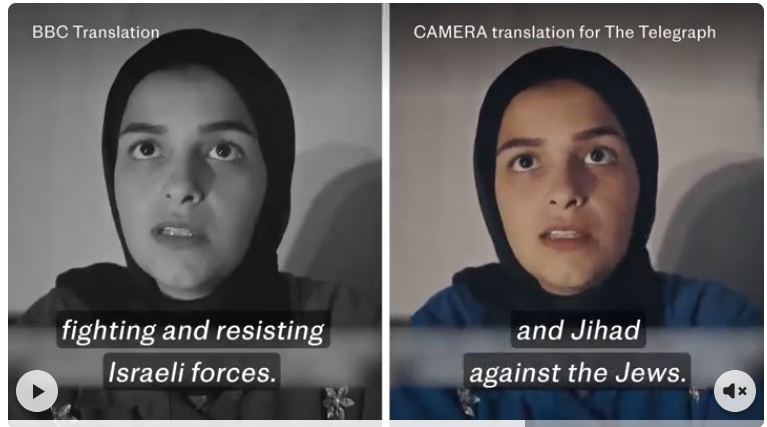The BBC issued a formal apology for its documentary on Gaza, "Gaza: How To Survive A Warzone," admitting to "serious flaws" in its production. The network stated that it has no plans to broadcast the film again in its current form or make it available on iPlayer.
The documentary, produced by Hoyo Films for the BBC, has sparked significant controversy. In its statement, the BBC acknowledged that both the production company and the network made "unacceptable mistakes." The BBC took full responsibility for the errors and their impact on the corporation's reputation, expressing regret and apologizing for the situation.
Hoyo Films, which produced the documentary, defended the film’s goal, saying it aimed to amplify voices that had not been adequately represented during the war, ensuring they were portrayed "with dignity and respect." The company stated it is fully cooperating with the BBC to determine where mistakes were made.
A BBC spokesperson added that the network had not been informed ahead of time about the familial ties of a 13-year-old boy featured in the documentary, later discovered to be the son of a senior Hamas official. The BBC had questioned Hoyo Films multiple times during production about possible connections between the boy's family and Hamas, but the company admitted after the broadcast that they were aware the boy's father was a Deputy Agriculture Minister in the Hamas-led Gaza government. The BBC called it a failure on its part for not uncovering the information before the broadcast.
Get the Ynetnews app on your smartphone: Google Play: https://bit.ly/4eJ37pE | Apple App Store: https://bit.ly/3ZL7iNv
Furthermore, Hoyo Films informed the BBC that it had paid the boy's mother a "limited sum of money" for his narration in the documentary, through his sister's bank account. While the production company assured the BBC that no payments were made to Hamas members or affiliates, the BBC is now requesting additional confirmation and will conduct a full audit of the documentary’s budget, including a review of Hoyo Films' financial records.
The BBC also stated that the issue has "damaged" public trust in its journalism, with the Director-General requesting that the handling of public complaints be expedited. The BBC’s Editorial Complaints Unit, which operates separately from its news division, will review the situation, and a comprehensive fact-finding inquiry is set to take place. This review will assess whether any editorial guidelines were violated and determine if disciplinary actions are warranted.
In a separate statement, the BBC’s board acknowledged that the documentary's subject matter was a legitimate area for journalistic exploration. However, the board emphasized that nothing is more important than trust and transparency in its work. While it recognized that mistakes can occur, it concluded that the errors in this case were serious and damaging to the BBC's reputation.
"We have no plans to broadcast the program again in its current form or return it to iPlayer and will make a further assessment once the work of the Editorial Complaints Unit is complete," the BBC spokesperson said.



